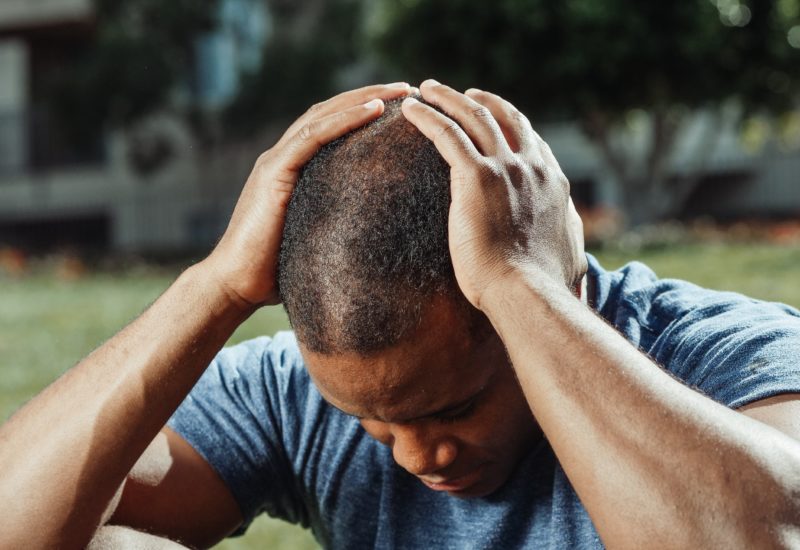If you need legal help quickly, you may struggle to determine your best representation option. What qualities make for a strong lawyer or litigation professional? Indeed, what’s the difference between a lawyer and litigator? To these ends, let’s outline the qualifications and characteristics of outstanding civil litigation lawyers. As you’ll see, the right mixture of experience, personality, and communication skills can make or break your case.
For reliable legal advice and representation in and around Encino, CA, reach out to Davana Law Firm. We are the region’s most trusted personal injury lawyers, practicing in more than 9 specialties. Our team works on industry-leading civil litigation matters, ensuring that our clients receive fair compensation. Plus, we guarantee to charge you no legal fees until we win your case. If you’d like a free case evaluation, fill out our online form and get in touch with us today!
Below, we outline the professional and personal traits found in accomplished civil litigators:
Professional Qualities
- Experience/Reputation
First, let’s distinguish between lawyers and litigators. Broadly speaking, lawyers are professionals who guide their clients through legal matters and, sometimes, represent them in court. Litigators, in this sense, are lawyers; however, litigators practice civil (non-criminal) law. Thus, they usually seek to earn their clients compensation. If they ever practice in court, they do so in civil court exclusively.
In seeking a good civil litigator, you should start by determining the specialty of your candidates. What are their reputations as civil litigators? Have they filed claims and argued in civil court before? - Location
This consideration may seem like a given, but it’s worth emphasizing: look for a lawyer in your area. They must be familiar with local (and state) laws governing civil cases. Also, their proximity to your case’s whereabouts forestalls costs for traveling and lodging from accruing. Finally, your lawyer can build your personal injury case most effectively if the resources to do so are nearby. - Personality
It may not seem like a “professional” quality, but a lawyer’s temperament will affect their litigation style. Remember that this person will act on your behalf, so you want someone who reflects your values. Moreover, they could end up speaking for you in front of a courtroom.
Personal Qualities
- Critical/logical thinking
Alongside their professional qualities, strong civil litigators possess specific personal characteristics that are vital for success. Foremost among these are critical thinking skills—looking at a mass of information and identifying the crucial details within it. Their reasoning should use these points to extrapolate and build your case.
Critical thinking also tends to come with intellectual curiosity—in this case, for laws and case histories. An accident lawyer can best help you if they know the minutiae of accident laws and the outcomes of prior cases. - Organization & Vision
An effective civil litigation lawyer also keeps their cases and interactions organized. They often work with several clients at once and so must distinguish between the details of each. Organizational skills are fundamental to making the situation functional.
Moreover, good lawyers always keep the “big picture” of the case in mind. Laypersons can get mired in details, but legal professionals keep the goals and outcome in mind. Case details mean little if they fail to build an effective claim. - Great communication skills
Although it also may appear to go without saying, top-notch communication skills are key for litigators. Public speaking comes into play in the courtroom; however, lawyers must also have the capacity to listen carefully.
Specifically, they must listen and hear your story to build your case. But they must also hear the opposing side’s account. Something that another lawyer or individual says may be the detail that allows your case to succeed. - Empathy
The popular image of lawyers suggests they are unfeeling, cold, and corrupt. Yet, on the contrary, great lawyers must have empathy for those around them. This characteristic is essential for their work, as they must understand why people (or groups) act in the ways they do.
Furthermore, an effective lawyer presents themself as relatable–even social–in a courtroom. They must connect to the jury and judge to make an effective case. Most importantly, they must understand and work with their client. - Vigor
Finally, litigators must have the energy to see a case through. Legal proceedings often take months (even years) to complete, so the individuals involved have to be prepared for that. A civil litigator must also have so-called “thick skin,” that is, the ability to withstand harsh decisions and negative outcomes.
If your case takes place over a long period and has some difficult moments, your lawyer should remain supportive. Find one that can stick to their plan and consider the long-term sequence of events.
Experienced Civil Litigation Lawyer for Encino, CA, Residents Now Available!
Locating reliable legal support could end up deciding the outcome of your case. Don’t leave it up to chance; turn to Davana Law Firm for experienced and excellent civil litigation lawyers. We provide personal injury legal services to people in Encino, CA, and the surrounding region. If you’ve been hurt in an accident, call us to get legal backing and financial compensation. You can reach us today at (818) 501-1055 or fill out our online form for a free case evaluation.


